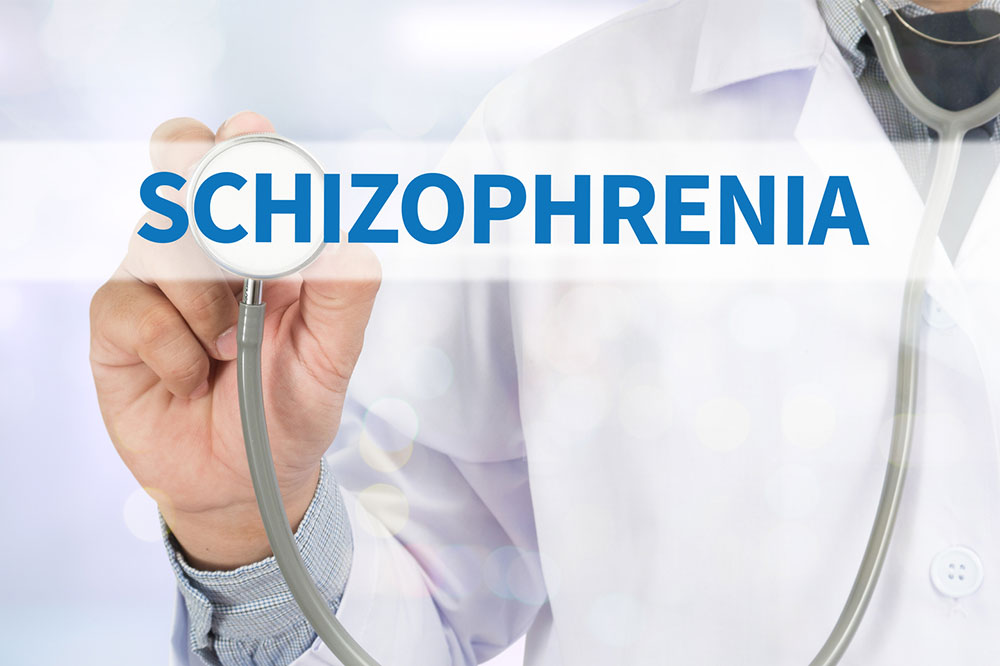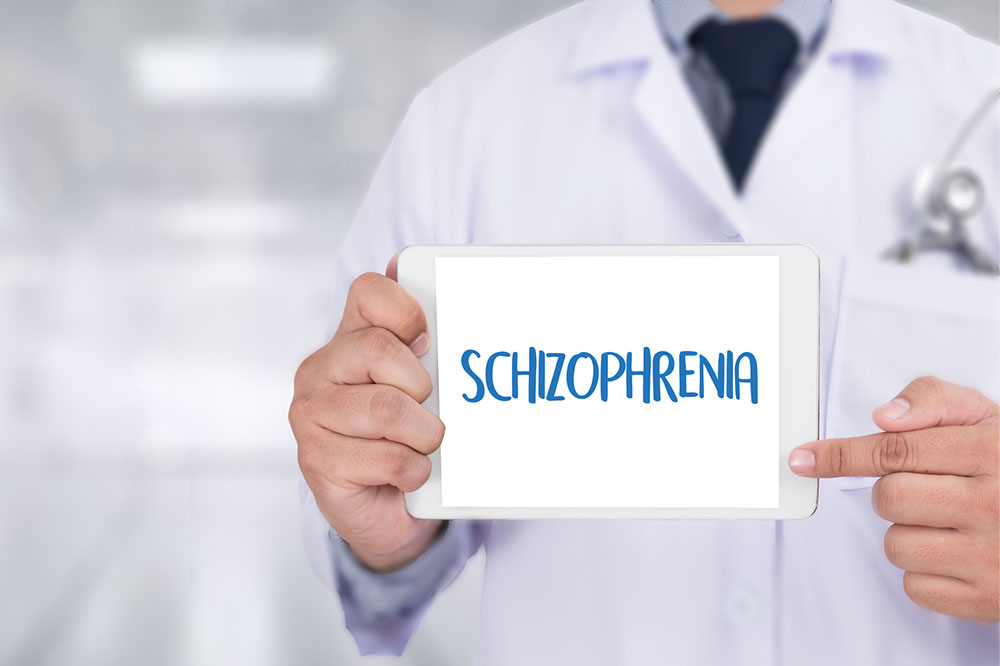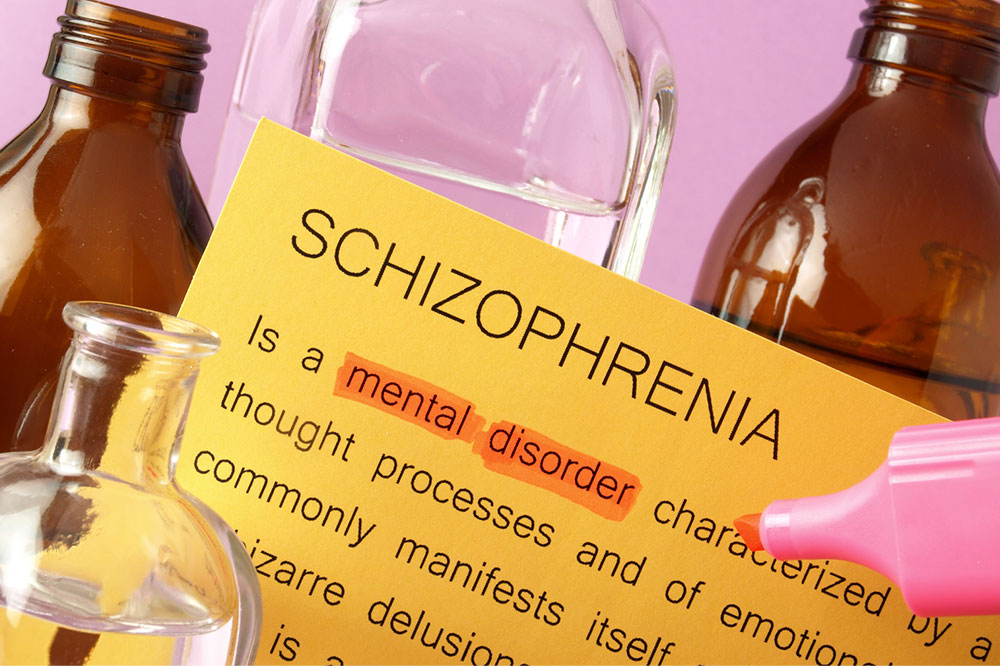A Comprehensive Guide to Schizophrenia: Recognition, Causes, and Modern Treatment Strategies
This comprehensive article explores schizophrenia, detailing its symptoms, causes, and modern treatment options. It emphasizes the importance of early diagnosis, understanding genetic and environmental factors, and the latest therapies that help manage this complex mental health condition. Advances in neuroscience and personalized treatment approaches offer hope for improved outcomes and quality of life for affected individuals.

A Comprehensive Guide to Schizophrenia: Recognition, Causes, and Modern Treatment Strategies
Schizophrenia is a complex and often misunderstood mental health condition that significantly impacts an individual's perception of reality, thought processes, and emotional responses. This disorder can manifest through various symptoms that disrupt normal functioning, often leading to social withdrawal and difficulties in daily life. While its exact cause remains elusive, advances in neuroscience and psychiatry have provided greater insights into its origins and how it can be effectively managed. Understanding the symptoms, underlying causes, and modern treatment options is essential for early intervention and improving quality of life for those affected.
Understanding the symptoms of schizophrenia is crucial for early diagnosis and effective treatment. Usually presenting in late adolescence or early adulthood, the disorder can affect anyone regardless of their background or lifestyle. It tends to be more common in males, with onset typically occurring in the late teens to early twenties, although females often develop symptoms later in their twenties or even thirties. Despite its severity, schizophrenia is a manageable condition with the right combination of medication, therapy, and social support.
Key symptoms of schizophrenia are diverse and can fluctuate over time. They are generally categorized into positive symptoms, negative symptoms, and cognitive impairments:
Positive Symptoms: These involve the presence of abnormal behaviors or perceptions, including delusions and hallucinations. Individuals may believe irrational ideas, such as feeling persecuted or believing they possess special powers. Hallucinations are sensory experiences without external stimuli, most commonly hearing voices, but they can also include visual or olfactory perceptions.
Negative Symptoms: These relate to reductions in normal emotional and behavioral functioning. Affected individuals may experience flattened affect, social withdrawal, and diminished motivation. Neglect of personal hygiene and a lack of speech or emotional expression are common.
Cognitive Symptoms: These include difficulties in concentration, memory, and executive functioning, which impair daily decision-making and problem-solving skills.
Diagnosing Schizophrenia: Approaches and Challenges
Diagnosis involves comprehensive clinical assessment, which includes detailed psychiatric interviews, mental status examinations, and ruling out other medical conditions. Usually, symptoms must persist over a six-month period, with at least one month of active psychotic symptoms, to establish a diagnosis aligned with the DSM-5 criteria. Medical tests may include brain imaging and blood work to exclude other neurological or medical issues.
Exploring the Causes of Schizophrenia
The origins of schizophrenia are multifactorial, involving a complex interplay of genetic, biological, and environmental factors. Genetics play a significant role, with individuals having a family history at a higher risk. Specific gene variations are linked to increased susceptibility, though no single gene is solely responsible. Brain abnormalities observed in affected individuals include enlarged ventricles, decreased gray matter, and disruption in neural connectivity, which may influence symptoms.
Environmental triggers are equally important and include prenatal infections, maternal malnutrition, stressful life events, substance abuse (notably cannabis use during adolescence), and exposure to viral infections. These factors may influence brain development and predispose individuals to schizophrenia, especially in genetically vulnerable populations.
Modern Treatment Strategies for Schizophrenia
While there is currently no cure for schizophrenia, various treatments can significantly reduce symptoms and improve functioning. The cornerstone of treatment is pharmacotherapy, primarily using antipsychotic medications. These drugs help control hallucinations, delusions, and agitation. Both typical (first-generation) and atypical (second-generation) antipsychotics are used; however, atypical antipsychotics are often preferred due to fewer side effects.
Psychosocial interventions are vital in managing schizophrenia. Cognitive-behavioral therapy (CBT) helps patients identify and challenge distorted beliefs and develop better coping mechanisms. Family therapy can support caregivers and improve communication within families. Social skills training and supported employment programs promote better integration into society and enhance independence.
In severe cases or treatment-resistant instances, additional approaches may be employed. These include hospitalization, electroconvulsive therapy (ECT), and emerging techniques like Deep Brain Stimulation (DBS), which are under research for their potential benefits. Electroconvulsive therapy is reserved for cases with severe psychosis or catatonia, providing rapid symptom relief.
Support services such as community mental health programs and case management play an essential role in ongoing care. Adherence to medication regimens, combined with psychosocial support, significantly improves prognosis. Advances in neuroscience are ongoing, aiming to develop targeted therapies with fewer side effects and better long-term outcomes.
The Future of Schizophrenia Management
Research continues to shed light on the biological underpinnings of schizophrenia, with hopes for personalized medicine tailored to genetic and neuroimaging profiles. The development of novel antipsychotic drugs and neurostimulation techniques promises fewer side effects and enhanced efficacy. Early intervention programs, which focus on identifying at-risk individuals and providing treatment before full-blown psychosis develops, are gaining prominence and associated with better long-term outcomes.
In conclusion, schizophrenia remains a challenging mental health disorder, but with ongoing advancements in research, diagnosis, and treatment, individuals affected can lead meaningful and fulfilling lives. Increased awareness, early diagnosis, combined with comprehensive treatment approaches, are crucial in managing this complex condition effectively. Support from families, healthcare providers, and society as a whole plays a vital role in improving the prognosis for those living with schizophrenia.





